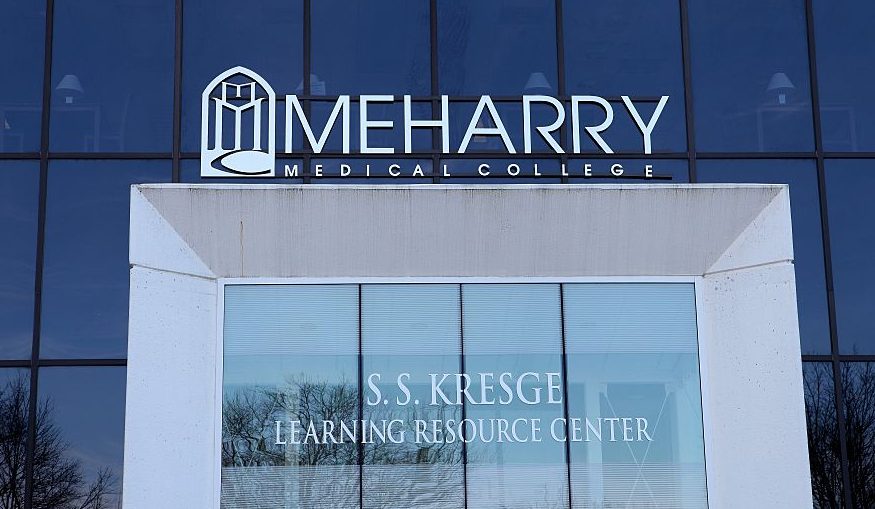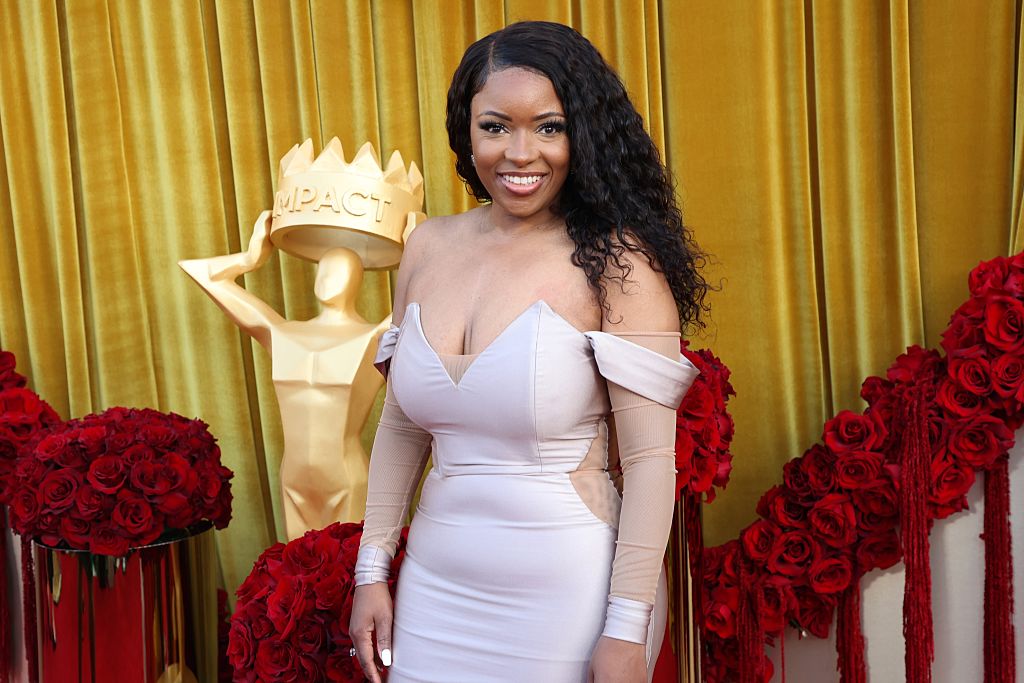HBCU Doctor Is Close To Testing Treatment For COVID-19

Source: Raymond Boyd / Getty
A doctor at Meharry Medical College is only two weeks away from testing an anti-virus that can help treat COVID-19 patients.
According to NBC News, Dr. Donald Alcendor has been developing the anti-virus at Meharry Medical College in Nashville, Tennessee. The Historically Black College was founded in 1876 to teach medicine to former enslaved Africans and to serve the underserved. The institution has a legacy of producing more than 4,800 Black doctors and now, they join the global race of institutions across the country who are trying to advance treatment for the coronavirus. However, Meharry is personally committed to the cause considering COVID-19 is devastating Black people, a community they seek to serve.
“And that makes us all at Meharry compelled to do our best,” explained Alcendor, who worked a couple years ago on a successful anti-virus to the Zika virus.
“This is bigger than COVID-19,” added Dr. Linda Witt, the senior associate vice president for development at Meharry. “We are called to serve on the front lines. For Meharrians, it’s natural to go into our communities. We exist in the Black community. But it’s at a heightened level now. And having an HBCU presence, voice and expertise is essential.”
A vaccine for the coronavirus, which would prevent contraction of the disease, will take up to 18 months to produce, according to Alcendor and other scientists. However, an anti-viral drug could be used to treat patients once they’re infected.
“The process is understanding how the virus gets into your system, where it goes and how it infects,” Alcendor said about creating an antiviral drug. “The struggle is that it is a single-strand that produces tremendous inflammation. The patient will feel like he’s drowning.”
Alcendor said his antiviral drug or reagent would “intervene at the critical point in the virus’ (attack), eliminating its ability to reproduce viral proteins. The cycle would be terminated.”
“It’s similar to what we did with Zika,” he explained. “But in comparison to Zika, this is through the roof. We didn’t have the deaths or the spread. This is a much bigger scale. All the marbles are on the table.”
According NBC News, Alcendor “hopes to have the anti-viral treatment created in the next two weeks. It will then move on to clinical trials and, if successful, be approved by the Food and Drug Administration within a ‘few months.'”
A recent report by ProPublica suggests Black people have tested positive and died from the coronavirus at a higher rate than any other ethnic or racial group in the United States.
Dr. James Hildreth has been pushing for advanced or pre-emptive screening in Black neighborhoods for weeks. As an infectious disease scientist, Hildreth was aware that the highly contagious coronavirus was more severe in people with existing health concerns like high blood pressure, diabetes, asthma and other issues that are common in Black communities, which is in part because of the intense environmental and health care disparities in the U.S.
Meharry has carried out free drive-up coronavirus testing and screening on its campus. Residents in the most northern part of the city, where the largest concentration of African American reside, have been taking advantage of the testing.
“People are scared,” Cherae Farmer-Dixon, a dean and professor at Meharry’s School of Dentistry, explained. “There was a young lady who came in for testing. She was in a car full of individuals. She was in tears. She had been around someone who had tested positive and she didn’t want to bring it around her grandmother if she was positive. For her and others, to see people who look like them serving, administering the tests, being there, it made all the difference.”
SEE ALSO:
Nurses Won’t Provide COVID-19 Treatment Unless N95 Masks Are Provided In California Hospital















